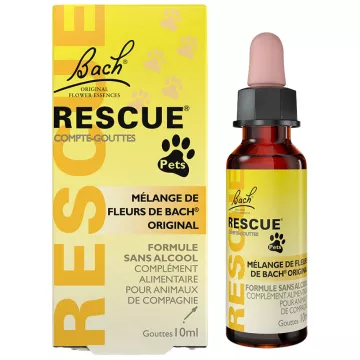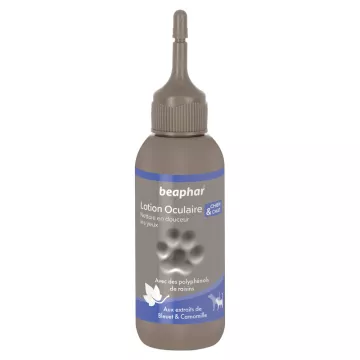

What is the ideal diet for a cat?
A cat's diet must be balanced and adapted to its age, weight, activity level and any health problems it may have. Cats are carnivorous animals, which means their diet must be rich in animal proteins. We recommend giving preference to foods formulated specifically for cats, which contain all the necessary vitamins and minerals. It's also important to provide your cat with a sufficient quantity of fresh water every day.
How can I tell if my cat is in good health?
Signs of a healthy cat include a shiny, clean coat, regular activity and sociable behavior. Your cat should have a regular appetite and relieve itself consistently. Regular visits to the vet are essential to maintaining your cat's health, with up-to-date vaccinations and periodic check-ups.
What are normal cat behaviors?
Normal cat behaviors include playing, chasing small objects, grooming regularly, and sleeping for around 12 to 16 hours a day. Cats also like to have a clean, well-defined territory, which often includes a comfortable place to sleep, toys, and access to a place to claw.
How do I manage anxiety and stress in a cat?
To manage anxiety and stress in cats, it's crucial to maintain a consistent daily routine, provide regular play and social interaction, and create a secure environment. Synthetic pheromones and special features such as hiding places or high shelves can help reduce stress in cats.
How important is vaccination for cats?
Vaccination is essential to protect cats against a range of infectious and potentially fatal diseases. Basic vaccinations cover panleukopenia, rhinotracheitis and calicivirus. Depending on your cat's environment and your vet's advice, other vaccinations may be recommended.
How do I choose the best environment for my cat?
The best environment for a cat is one that meets all its physiological and behavioral needs. This includes secure access to the outdoors or well-placed windows to stimulate their curiosity, areas to scratch, hide and play, as well as regular interaction with humans and, if possible, other animals.
What diseases are common in cats, and how can they be prevented?
Common illnesses in cats include urinary problems, kidney disease, diabetes and infectious diseases such as coryza. Prevention involves proper diet, adequate hydration, regular exercise and regular veterinary check-ups.
How can I improve my relationship with my cat?
Improving your relationship with your cat can be achieved through regular playtime and the establishment of petting and grooming routines. Understanding your cat's body language is crucial; floppy ears or a wagging tail can indicate discomfort. It's important to respect these signals and give your cat space if necessary. Treats can also be an excellent way of strengthening the bond and encouraging positive behavior.
What types of litter exist and how can I choose the best one for my cat?
There are several types of cat litter, including clumping litter, silica litter and biodegradable litter such as paper or wood. The choice of litter often depends on the cat's preferences and ease of cleaning. Clumping litter is popular because it makes litter removal easier, while silica litter controls odors well. It's a good idea to test different litters to see which one your cat prefers.
How often should I visit the vet?
The frequency of veterinary visits depends on your cat's age, health and lifestyle. In general, an annual check-up is recommended for adult cats, while kittens and older cats may require more frequent visits. These examinations help detect health problems early on, and ensure that your cat is properly vaccinated and dewormed.
How can I manage my cat's scratching?
Managing scratching starts with providing your cat with suitable alternatives such as scratching posts or scratching posts placed in areas where he likes to mark his territory. Encourage your cat to use these surfaces by applying catnip or attaching toys. If your cat continues to scratch furniture, mild repellents or furniture protectors can be used temporarily while teaching him the right behaviors.
What signs of aging should I look out for in my cat?
Signs of aging in cats can include decreased activity, changes in eating or sleeping habits, weight loss, or dental health problems. Joint problems or reduced clarity of vision may also appear. Consult your veterinarian if you observe significant changes in your cat's behavior or physical health, as many aspects of aging can be managed with appropriate interventions.